As more than a dozen top crypto executives strolled into the White House State Dining Room in March for the digital assets summit, one founder was left out.
Charles Hoskinson, the mercurial polymath who co-founded Ethereum and then Cardano, was nowhere to be seen, which was odd. The White House, after all, had just floated the idea of including Cardano’s token in a crypto strategic reserve.
Coinbase CEO Brian Armstrong, Strategy Executive Chairman Michael Saylor, and Ripple CEO Brad Garlinghouse, among others, did receive invitations to the round table session.
They met with President Donald Trump and his top crypto advisers, David Sacks and Bo Hines, plus Treasury Secretary Scott Bessent.
Hoskinson shrugged off the snub.
”A lot of people want to get close to David Sacks and Bo Hines and build relationships there,” Hoskinson told DL News in his hotel suite on the sidelines of Paris Blockchain Week.
“That’s the flavour of the week. It’s nice for optics, but it doesn’t translate into sustainable, permanent policy.”
Still, didn’t the billionaire blockchain builder relish the idea of some face time with Trump?
“I don’t need to make a deal with Trump,” Hoskinson, 37, said.
Offbeat pursuits
Such a stand may come off as mere bravado in other crypto billionaires. But Hoskinson has long cut a path as an industry maverick who’s as generous with his opinions as he is with his investments.
Wearing a white button-down shirt and coffee brown khakis on a spring afternoon, Hoskinson looked more like a middle manager on a casual Friday than the keyboard warrior who was one of the founders of Ethereum.
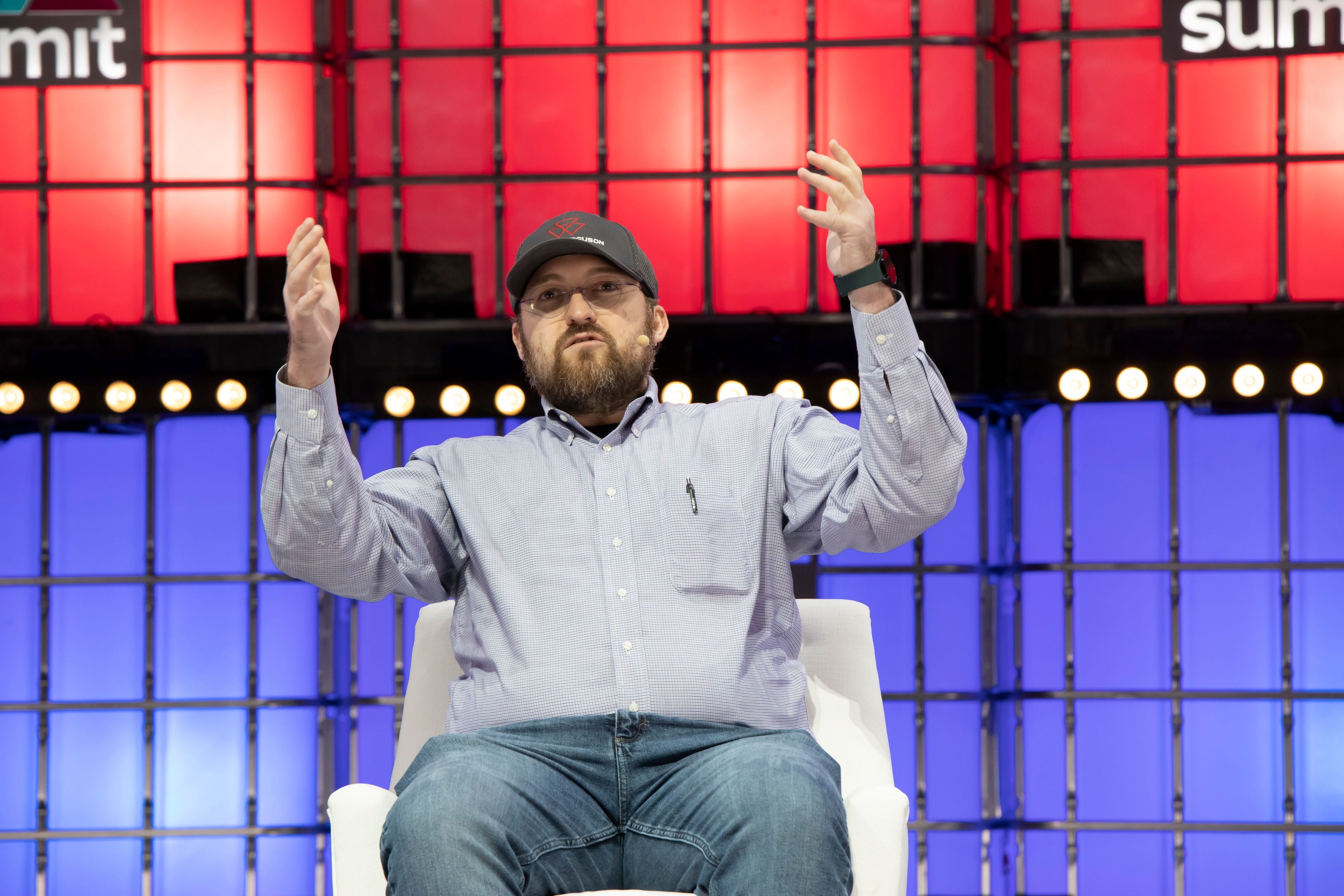
For all the respect he’s garnered for his pioneering role in decentralised finance, he’s also drawn raised eyebrows for his offbeat pursuits.
He has touted the cultivation of glow-in-the-dark cannabis, injected himself with stem cells, and made music videos on his Wyoming ranch with Snoop Dogg, the crypto-loving hip hop icon.
In an exclusive interview with DL News he unpacked his latest pursuit — politics.
DeFi diplomat
Or more precisely, promoting blockchain technology — ie, Cardano — to lawmakers, regulators, and even the occasional head of state as a useful tool for government services.
To that end, Hoskinson has become a kind of DeFi diplomat winging around the world to offer his insight on forming, as he puts it, sustainable, permanent policy for blockchain technology.
In Washington, he said he’s gotten close to Senator Tim Scott, the influential chairman of the Senate Banking Committee, who is shepherding the landmark stablecoin bill through Congress.
In Japan, Hoskinson discussed technology and AI with Takuya Hirai, a member of the Diet, the nation’s legislature, and former minister of digital transformation.
And in Argentina, Hoskinson met with associates of Javier Milei, the pro-crypto president who got into hot water for endorsing a memecoin that quickly collapsed in a whopping $4.5 billion scandal.
‘We told all the Ethereum people years ago that the model made no sense.’
Charles Hoskinson
After a photograph of Hoskinson and Milei began circulating on X, Hoskinson explained on his YouTube channel that he had nothing to do with the memecoin launch.
Hoskinson isn’t just evangelising for decentralised finance. Input Output, the development company backing the Cardano network, operates in several nations.
And Hoskinson, like many of his peers, would love it if crypto laws and regulations were consistent from one jurisdiction to the next.
Hoskinson’s critics — and they are legion — may be sceptical about his proposition. Cardano is worth almost $22 billion and is a top 10 cryptocurrency. But the blockchain has its issues.
For starters, it’s been slow to develop, say critics. Cardano didn’t roll out smart contracts, the core offering on DeFi networks, until four years after the venture began in 2017. Haskell, Cardano’s programming language, is also notoriously challenging for developers to learn.
Meanwhile, DeFi applications on other blockchains have ballooned.
A mistake
Ethereum hosts more than $46 billion across over 1,000 DeFi apps, according to DefiLlama. Solana has $7 billion sloshing between hundreds of apps. Cardano only has $287 million over 39 apps.
As a result, Cardano has failed to generate the same level of respect as other blockchain networks.
In March, for instance, World Mobile, a decentralised telecoms company, announced it was expanding beyond Cardano and switching to Coinbase’s Base chain.
“If they hadn’t made the mistake of launching on Cardano first instead of Solana or EVM, I think they’d be much more well-known now,” said Jose Macedo, a cofounder of crypto research firm Delphi Labs.
Hoskinson bristled at the criticism.
“The only mistake made was when your dad forgot to wear a condom,” Hoskinson fired back on X. “We are a real chain. Deal with it.”
Hoskinson, of course, also clashed with his fellow founders at Ethereum.
In 2014, he was shuffled out of the project after urging the project to become a commercial venture rather than a non-profit.
He’s not been shy about sharing his take on Ethereum’s shortcomings ever since.
Hoskinson has said that too much of the network’s development hinged on Vitalik Buterin and joined others arguing that Ethereum’s scaling solution — a sprawling ecosystem of subsidiary networks called layer 2s — is parasitic.
“We told all the Ethereum people years ago that the model made no sense,” he told DL News.
“They didn’t realise that the layer 2s are like mosquitoes. They suck out your liquidity, your user base, your token value, and don’t return very much.”
Ether has lagged other top DeFi tokens for some time. It’s tumbled 47% in the last 12 months, according to CoinGecko. Cardano’s ADA ($0.71), in stark contrast, has soared 37%.
‘Trump is running the US government like a startup.’
Charles Hoskinson
With Cardano, Hoskinson set out to solve Ethereum’s scaling problem.
From its start in 2017, Cardano employed a proof of stake “consensus mechanism” and opted to use internal networks rather than layer 2s to scale.
Five years later Ethereum made the herculean switch to Proof of Stake from Proof of Work, the same consensus system Bitcoin uses.
In January, Cardano completed decentralising the network and is now in the hands of its users. Crossing this milestone has left Hoskinson free to pivot to his political project.
And in Washington, it’s a heady time for the industry.
Key bills
In rapid succession, Trump signed an executive order to overhaul crypto policy, established a Bitcoin strategic reserve, and appointed Paul Atkins, a pro-crypto lawyer, to head the Securities and Exchange Commission.
Still, Hoskinson is looking past Trump to what he deems more permanent fixtures in the emerging framework for the industry.
In addition to the stablecoin bill called the Genius Act, he’s also monitoring a market structure bill that would establish clear regulatory authority for the industry.
“There will be a person after Trump, whether it be JD Vance or a Democrat or somebody else, it’s immaterial,” he said. “I need a consistent, stable set of rules.”
The two pieces of legislation would also open the door for banks and financial institutions and stoke tokenisation of traditional assets such as stocks, bonds, gold, and real estate.
“By 2030, about $10 trillion is going to enter the market through real world assets,” he said.
Doesn’t Trump’s chaotic form of governance, especially his trade war on China and other nations, threaten this growth trend?
Alternative construction
The crypto market has lost about a quarter of its value since the president’s inauguration on January 20.
And fears Bitcoin and its ilk are sliding into a bear market just 18 months after escaping the last downturn are mounting.
“Trump is running the US government like a startup,” he said. “When you run it like a startup, 60% of the time it works. The rest fails.”
Taking the long view, he said all this uncertainty isn’t necessarily bad for crypto.
“If that’s the world you live in, how do you do global business?” Hoskinson said. “You need an alternative construction to put your money in regardless of the politics.”
He paused. “The only option is blockchain.”
And if Hoskinson has his way, that blockchain would certainly be Cardano.
“Of course,” he said, grinning.
Liam Kelly is a Berlin-based reporter for DL News. Got a tip? Email him at liam@dlnews.com.
.png)








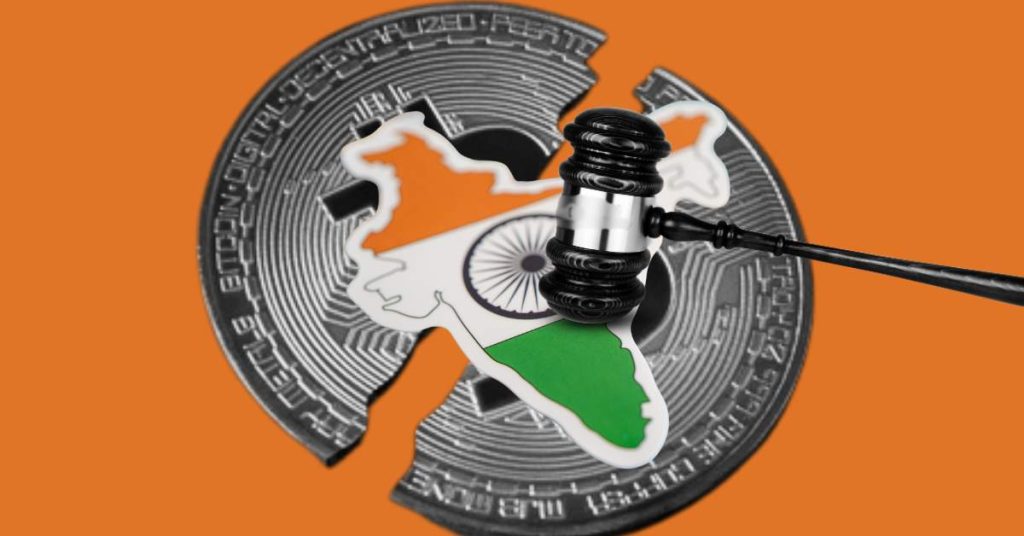

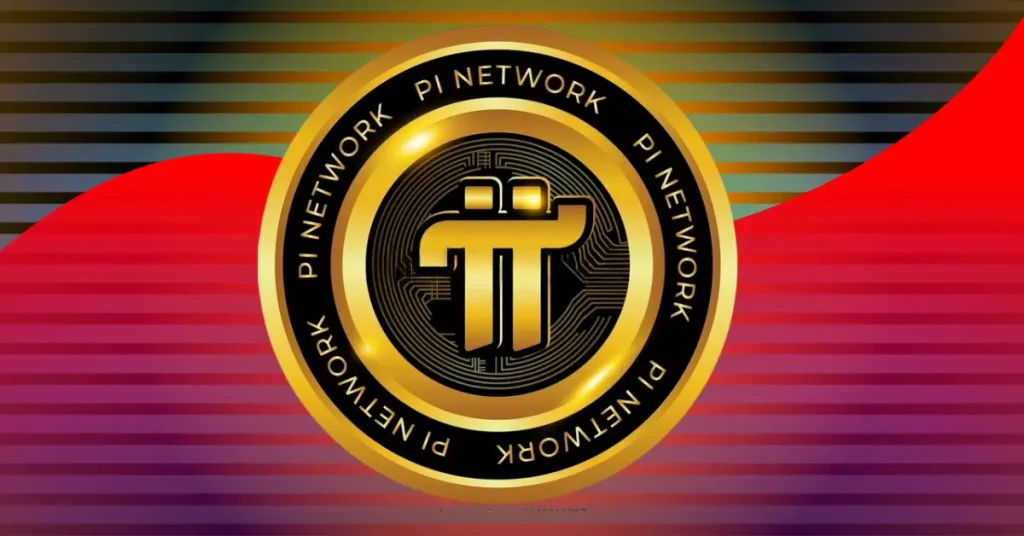




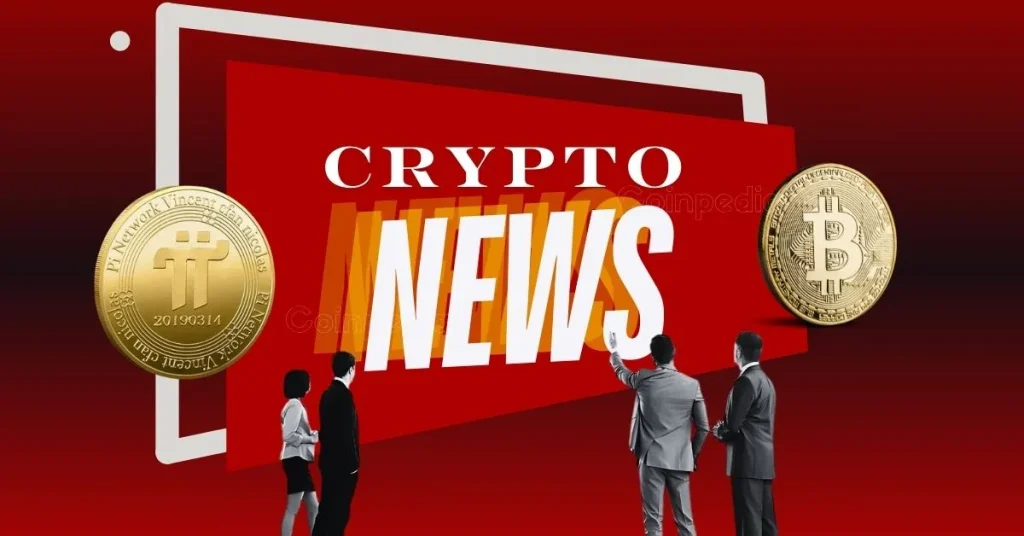

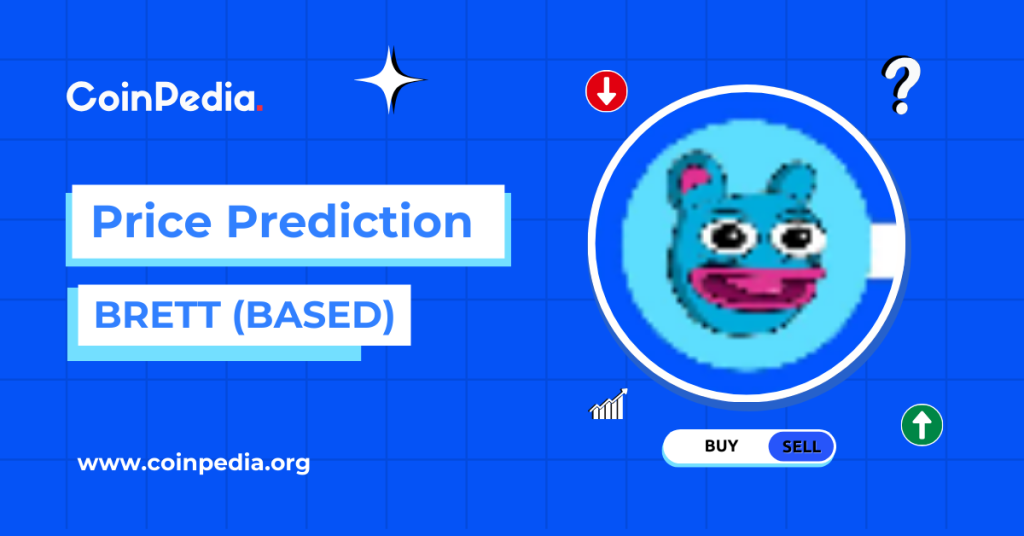
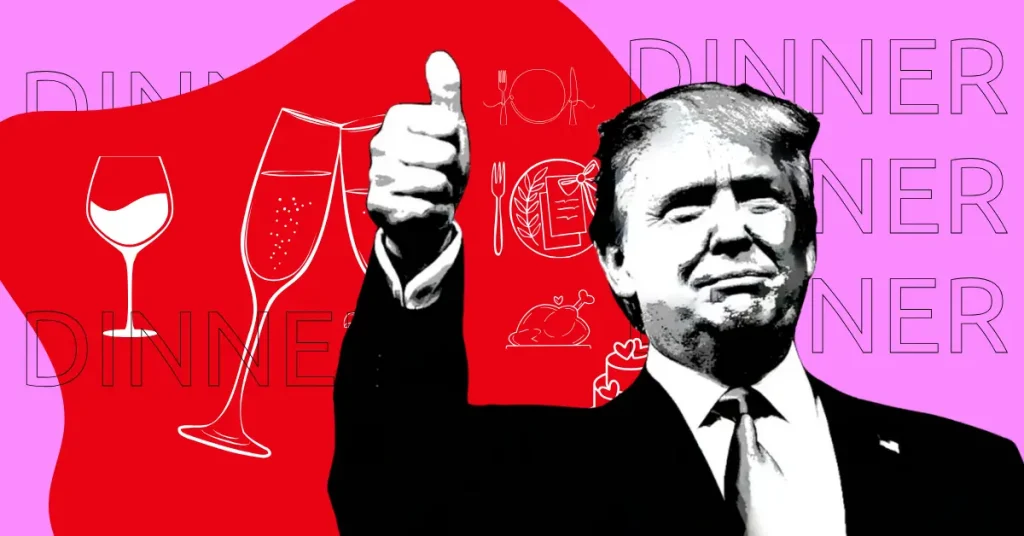

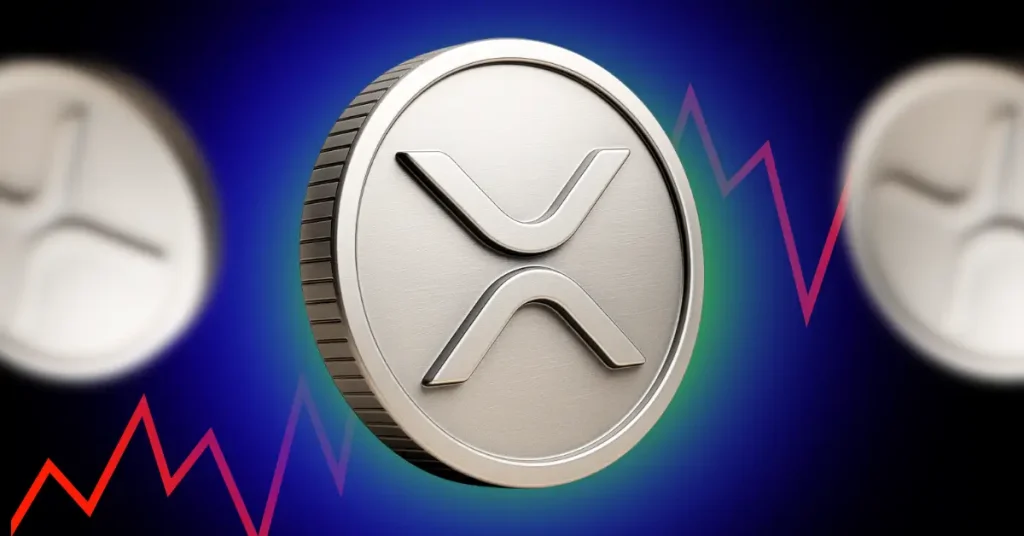

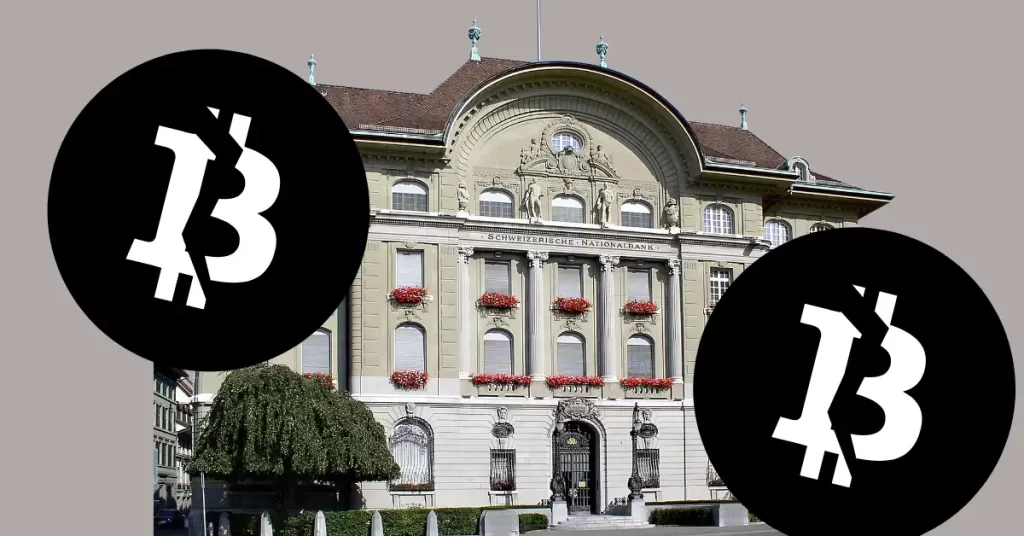

 24h Most Popular
24h Most Popular
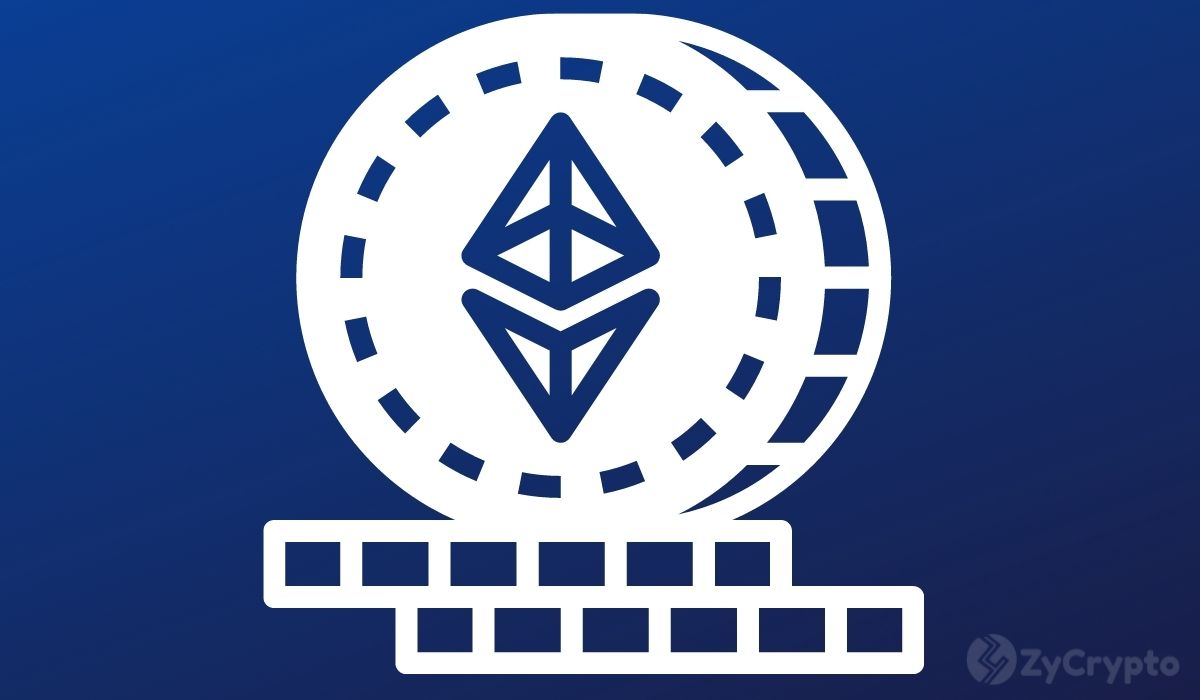

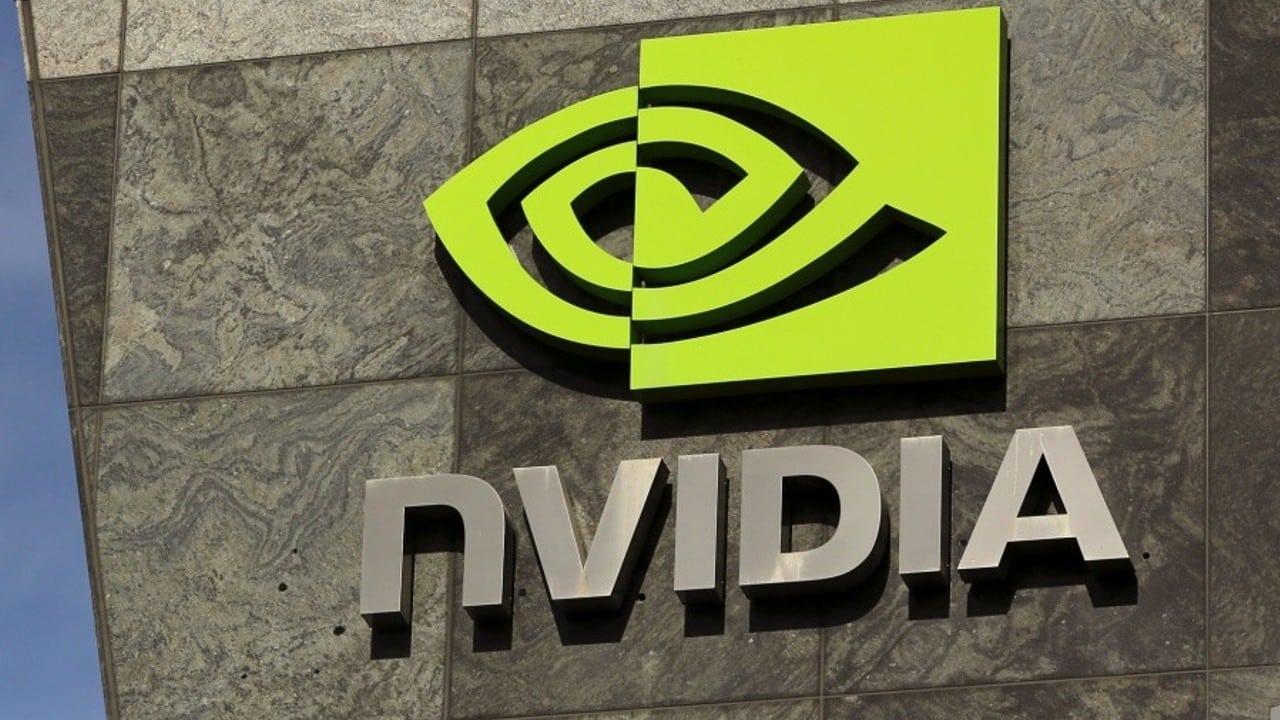
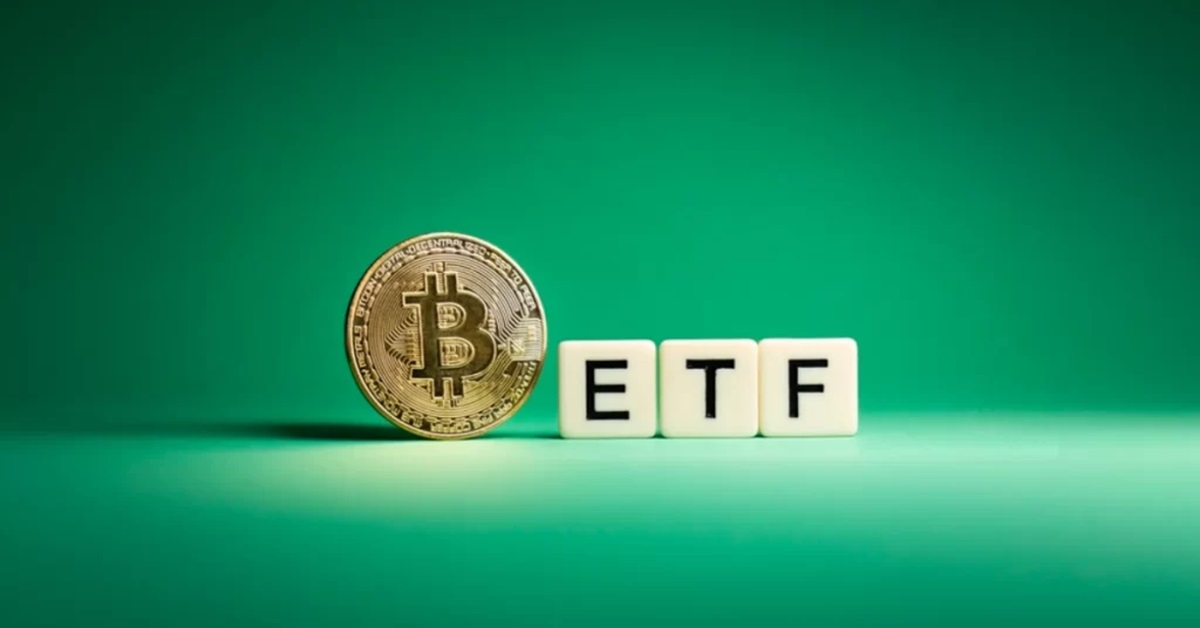
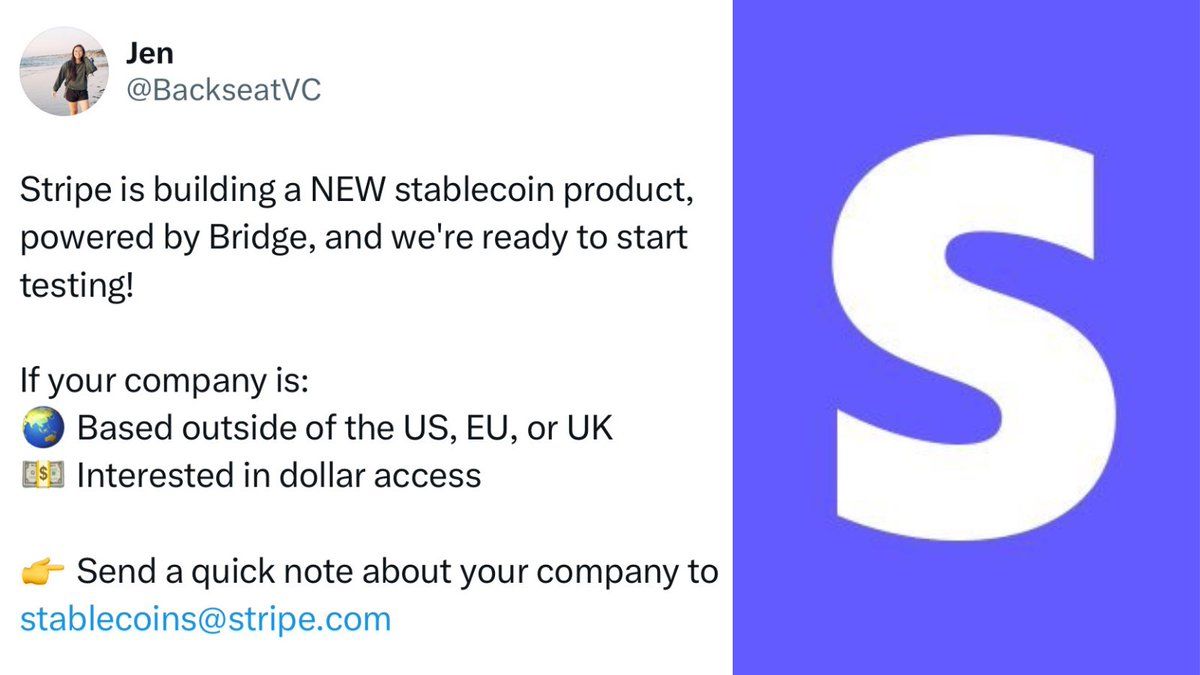
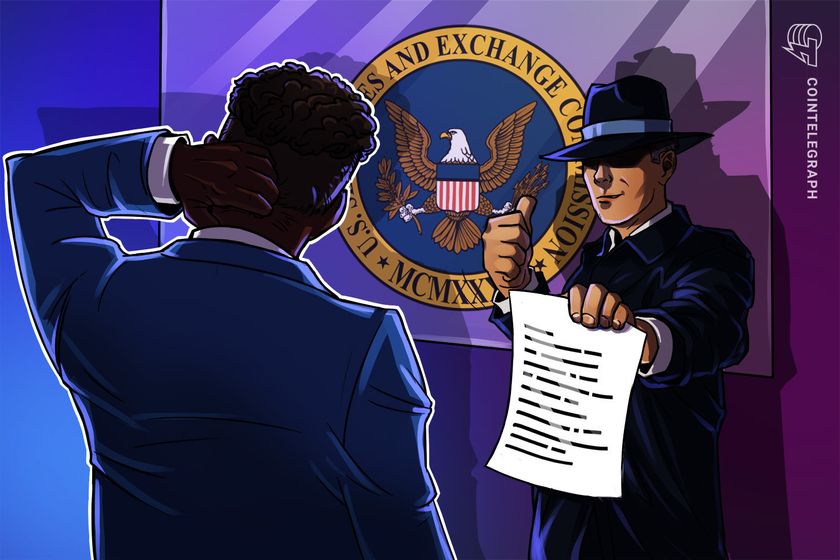
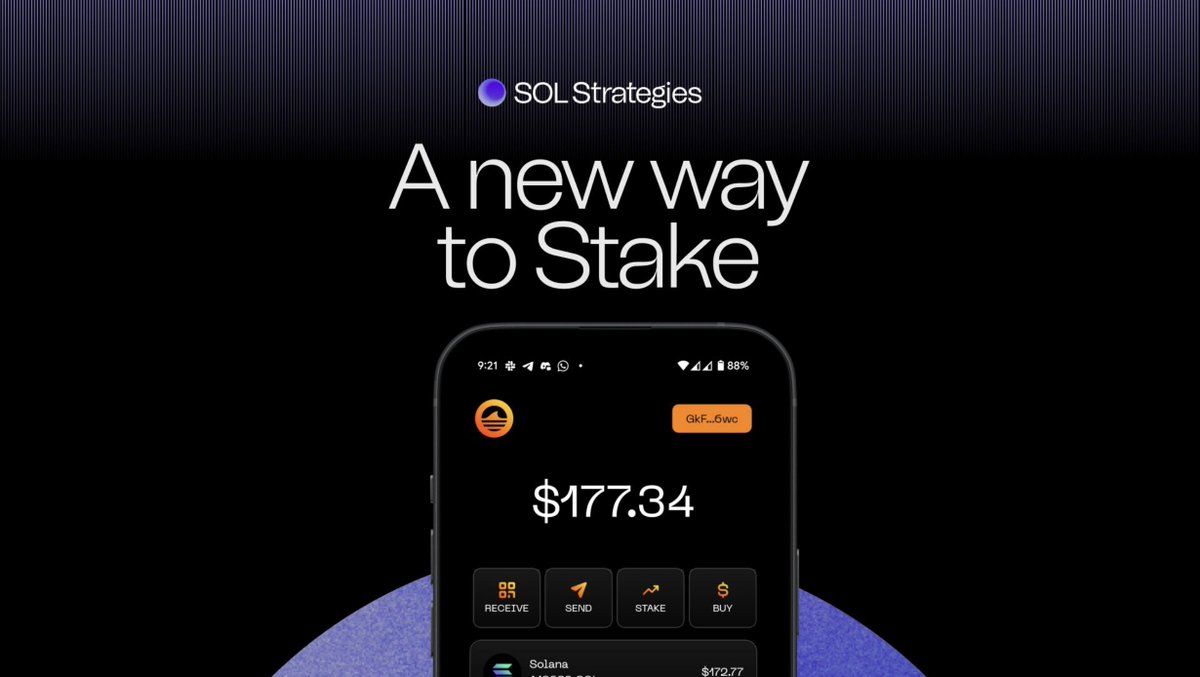
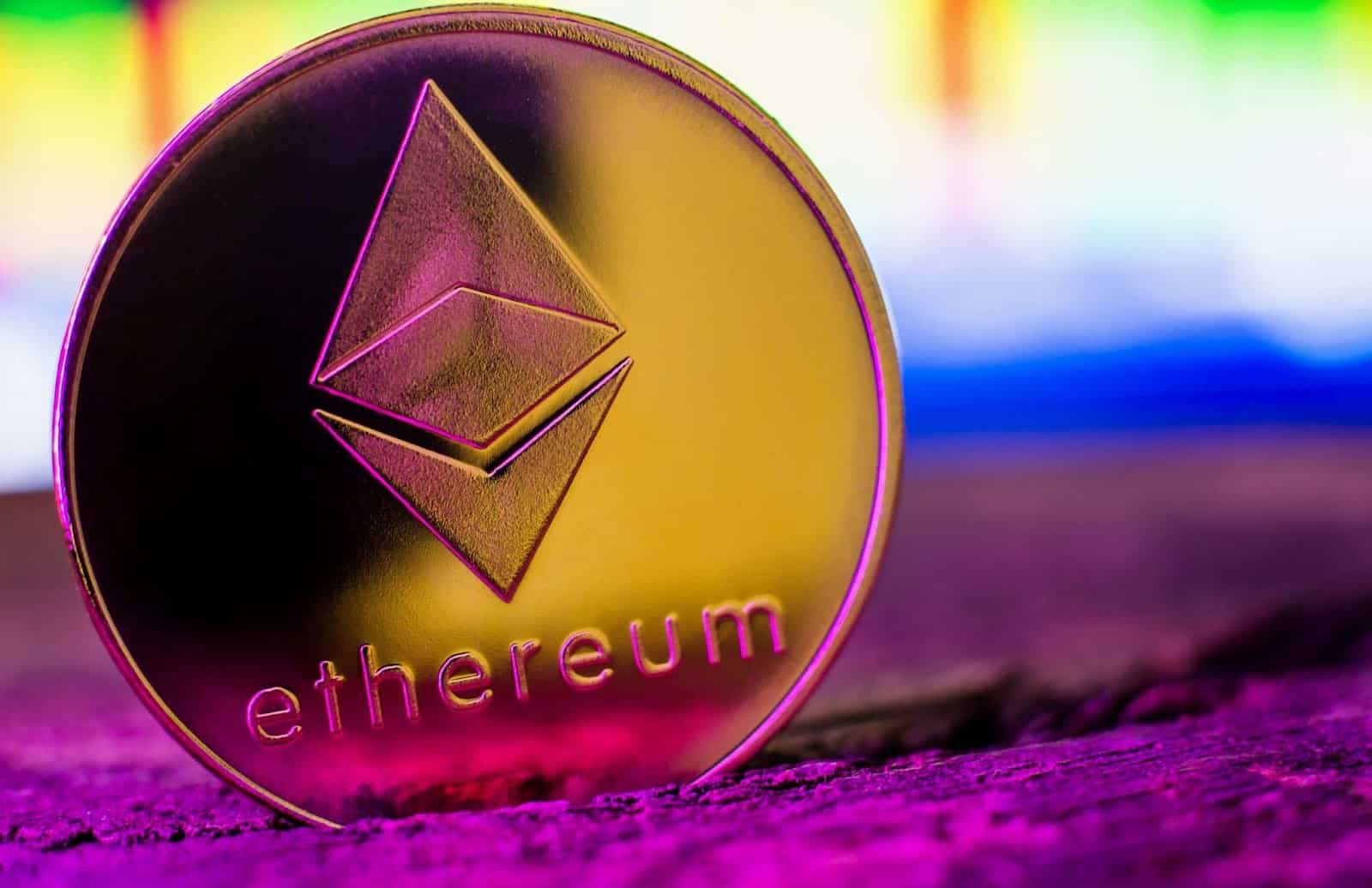
 Utilities
Utilities